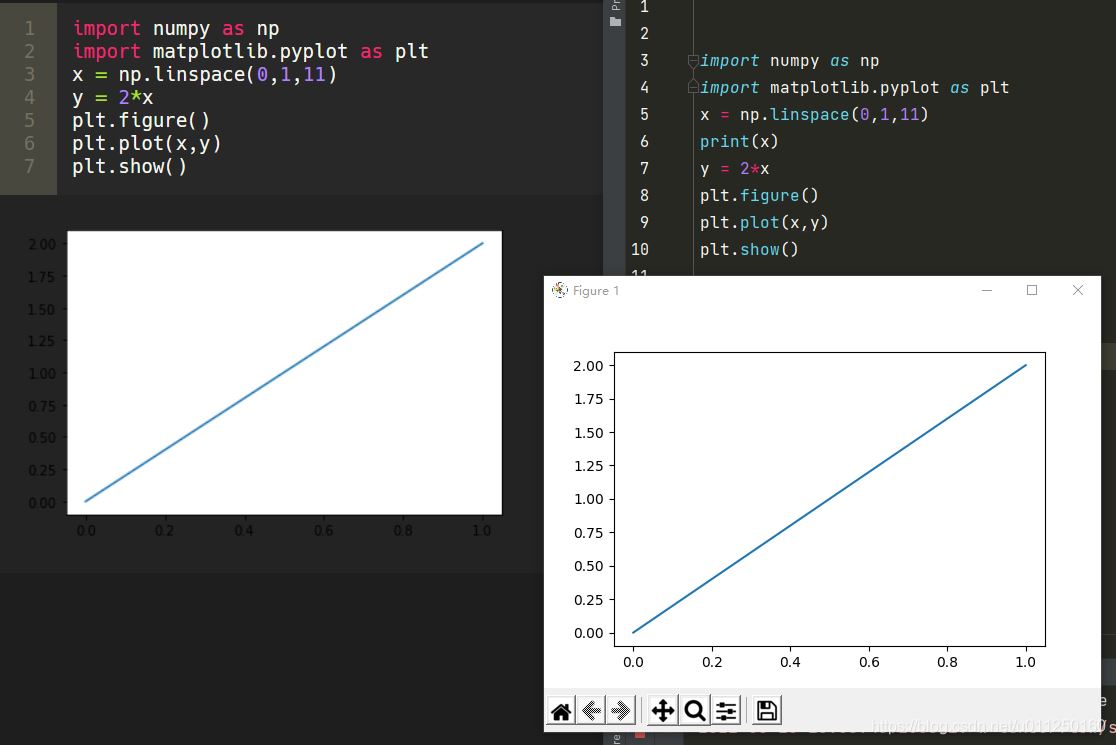本文实例讲述了Python发送邮件测试报告操作。分享给大家供大家参考,具体如下:
发邮件需要用到python两个模块,smtplib和email,这俩模块是python自带的,只需import即可使用。smtplib模块主要负责发送邮件,email模块主要负责构造邮件。其中MIMEText()定义邮件正文,Header()定义邮件标题。MIMEMulipart模块构造带附件
发送HTML格式的邮件:
send_email_html.py
import smtplib
from email.mime.text import MIMEText #MIMEText()定义邮件正文
from email.header import Header #Header()定义邮件标题
#发送邮箱服务器
smtpserver = 'smtp.sina.com'
#发送邮箱用户/密码(登录邮箱操作)
user = "username@sina.com"
password = "password"
#发送邮箱
sender = "username@sina.com"
#接收邮箱
receiver = "8888@qq.com"
#发送主题
subject = 'email by python'
#编写HTML类型的邮件正文(把HTML代码写进入)
msg = MIMEText('<html><body><a rel="nofollow noopener noreferrer" href="">百度一下</a></p></body></html>','html','utf-8')
msg['Subject'] = Header(subject,'utf-8')
#连接发送邮件(smtplib模块基本使用格式)
smtp = smtplib.SMTP()
smtp.connect(smtpserver)
smtp.login(user,password)
smtp.sendmail(sender,receiver,msg.as_string())
smtp.quit()
说明:
smtplib.SMTP():实例化SMTP()
connect(host,port):
host:指定连接的邮箱服务器。
port:指定连接服务器的端口号,默认为25.
login(user,password):user:登录邮箱的用户名。password:登录邮箱的密码。
sendmail(from_addr,to_addrs,msg,...):
from_addr:邮件发送者地址
to_addrs:邮件接收者地址。字符串列表['接收地址1','接收地址2','接收地址3',...]或'接收地址'
msg:发送消息:邮件内容。一般是msg.as_string(),as_string()是将msg(MIMEText对象或者MIMEMultipart对象)变为str。
quit():用于结束SMTP会话。
发送带附件的邮件
send_email_file.py
import smtplib
from email.mime.text import MIMEText #MIMRText()定义邮件正文
from email.mime.multipart import MIMEMultipart #MIMEMulipart模块构造带附件
#发送邮件的服务器
smtpserver = 'smtp.sina.com'
#发送邮件用户和密码
user ="xxx@sina.com"
password = "xxx"
#发送者
sender = "xxx@sina.com"
#接收者
receiver = "1xxx@qq.com"
#邮件主题
subject = "附件的邮件"
#发送附件
sendfile = open("C:\\Users\\Administrator\\Desktop\\html5.txt","r").read()
att = MIMEText(sendfile,"base64","utf-8")
att["Content-Type"] = "application/octet-stream"
att["Content-Disposition"] = "attachment;filename = 'html5.txt'"
msgRoot = MIMEMultipart('related')
msgRoot['Subject'] = subject
msgRoot.attach(att)
smtp = smtplib.SMTP()
smtp.connect(smtpserver)
smtp.login(user,password)
smtp.sendmail(sender,receiver,msgRoot.as_string())
smtp.quit()
查找最新的测试报告
find_file.py
import os
#定义文件目录
result_dir = "E:\\自动化测试项目\\子项目_bbs\\report"
lists = os.listdir(result_dir) #获取该目录下的所有文件、文件夹,保存为列表
#对目录下的文件按创建的时间进行排序
lists.sort(key=lambda fn: os.path.getmtime(result_dir + "\\" + fn))
#lists[-1]取到的是最新生成的文件或文件夹
print(('最新的文件是:' + lists[-1]))
file = os.path.join(result_dir,lists[-1])
print(file)
整合自动化测试发送测试报告邮件
from HTMLTestRunner import HTMLTestRunner
from email.mime.text import MIMEText
from email.header import Header
import smtplib
import unittest
import time
import os
#==============定义发送邮件==========
def send_mail(file_new):
f = open(file_new,'rb')
mail_body = f.read()
f.close()
msg = MIMEText(mail_body,'html','utf-8')
msg['Subject'] = Header("自动化测试报告",'utf-8')
smtp = smtplib.SMTP()
smtp.connect('smtp.sina.com') #邮箱服务器
smtp.login("sender@sina.com","password") #登录邮箱
smtp.sendmail("sender@sina.com","receiver@qq.com",msg.as_string()) #发送者和接收者
smtp.quit()
print("邮件已发出!注意查收。")
#======查找测试目录,找到最新生成的测试报告文件======
def new_report(test_report):
lists = os.listdir(test_report) #列出目录的下所有文件和文件夹保存到lists
lists.sort(key=lambda fn:os.path.getmtime(test_report + "\\" + fn))#按时间排序
file_new = os.path.join(test_report,lists[-1]) #获取最新的文件保存到file_new
print(file_new)
return file_new
if __name__ == "__main__":
test_dir = "测试用例存放目录"
test_report = "测试报告存放目录"
discover = unittest.defaultTestLoader.discover(test_dir,
pattern = 'test_*.py')
now = time.strftime("%Y-%m-%d_%H-%M-%S")
filename = test_report + '\\' + now + 'result.html'
fp = open(filename,'wb')
runner = HTMLTestRunner(stream = fp,
title = "测试报告",
description = '用例执行情况:')
runner.run(discover)
fp.close()
new_report = new_report(test_report)
send_mail(new_report) #发送测试报告
1.通过unittest框架的discover()找到匹配的测试用例,由HTMLTestRunner的run()方法执行测试用例并生成最新的测试报告。
2.调用new_report()函数找到测试报告目录下最新生成的测试报告,返回测试报告的路径。
3.将得到的最新测试报告的完整路径传给send_mail()函数,实现发邮件功能。
参考:python自动发送邮件总结
希望本文所述对大家Python程序设计有所帮助。
以上就是Python发送邮件测试报告操作实例详解。你们朝着伟大的目标前进的理想,将是使你们勇敢地走进生活中去的鼓舞力量。更多关于Python发送邮件测试报告操作实例详解请关注haodaima.com其它相关文章!





